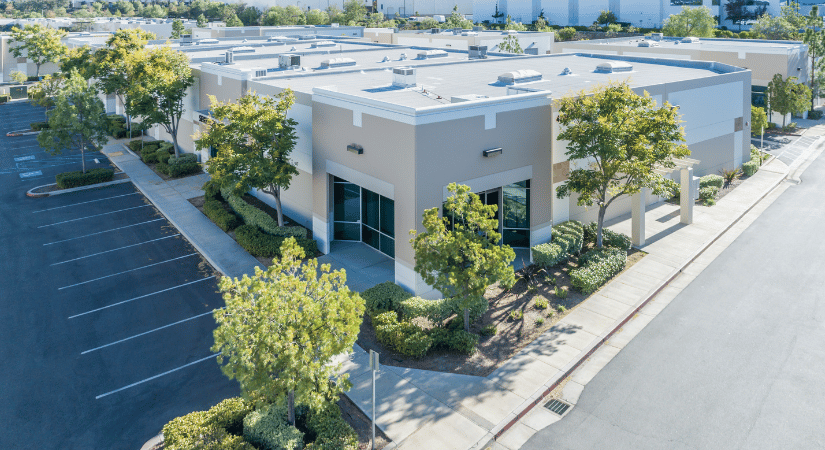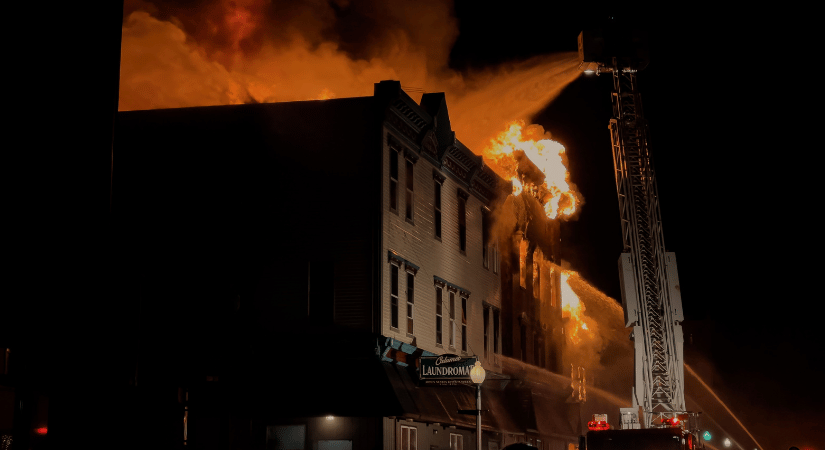When it comes to safeguarding your business, commercial property insurance is an essential component of your risk management strategy. This coverage goes beyond just protecting physical structures – it encompasses everything from your equipment to inventory and even outdoor signs. In this blog, we’ll delve into the intricacies of commercial property insurance, providing you with a comprehensive understanding of what it entails.
If you’re in the early stages of the commercial property game, we recommend reading Steadfast’s Commercial Property Investment Starter’s guide that provides advice about considerations for entering into this type of investment.
What Does Commercial Property Insurance Cover?
At its core, this type of insurance shields your business against financial losses resulting from damage to your physical assets. These assets include:
- Buildings: This covers the structure where your business operates. Whether you own or lease, protecting your business premises is crucial.
- Equipment and Machinery: This includes items like computers, production machinery, and specialized equipment that are vital to your operations.
- Inventory and Stock: From retail goods to raw materials, any physical product that is essential to your business is covered.
- Furniture and Fixtures: This encompasses all furnishings and permanent installations within your business premises.
- Outdoor Assets: Signage, fencing, and landscaping are often included in this type of policy.

Perils Covered by Commercial Property Insurance
Commercial property insurance typically protects against a range of perils, which can include:
- Fire and Smoke: Damage caused by fires, as well as the resulting smoke and soot, is a common coverage.
- Weather-related Events: This includes damage from storms, hail, lightning, and wind.
- Theft and Vandalism: Losses resulting from theft or malicious acts are generally covered.
- Explosions: Damage caused by explosions, whether from natural gas or other sources, is included.
- Water Damage: This can result from burst pipes, sprinkler systems, or other unforeseen events.
Real-World Examples
Let’s take a look at a couple of scenarios to illustrate the importance of commercial property insurance:
Example 1: The Devastating Fire
Imagine a boutique retail store facing a sudden and destructive fire. The flames consumed the entire inventory, and the structure was left severely damaged. Without insurance, the financial burden of rebuilding and restocking would fall entirely on the business owner.
However, since the store had robust commercial property insurance in place, they were able to lodge a claim. The insurance covered the costs of repairing the building, restocking inventory, and even provided coverage for the income lost during the period of closure.

Example 2: Theft and Vandalism
A small manufacturing company arrived at their facility one morning to find that it had been broken into overnight. Valuable equipment had been stolen, and the premises were vandalized. Without commercial property insurance, the company would have had to bear the full cost of replacing the stolen equipment and repairing the damage.
Thankfully, they had a comprehensive policy. Their insurance covered the cost of replacing the stolen equipment and repairing the damage caused during the break-in, allowing them to resume operations without suffering a severe financial setback.
How to Get the Right Coverage
- Work with an Experienced Insurance Broker: A knowledgeable insurance broker, such as Macey Insurance Brokers, can help you navigate the complexities of commercial property insurance and find a policy that suits your business needs.
- Assess Your Risks: Understand the specific risks your business faces. For example, a company located in an area prone to floods may require additional coverage for flood damage.
- Determine Replacement Costs: Calculate the cost of replacing your physical assets, including buildings, equipment, and inventory.
- Review and Update Regularly: As your business grows or changes, so do your insurance needs. Regularly review your coverage with your agent to ensure it remains adequate.
In conclusion, commercial property insurance is not just about protecting brick and mortar; it’s about safeguarding the very foundation of your business. By understanding what this coverage entails and how it applies to real-world situations, you can make informed decisions that fortify your business against unexpected events.
Remember, an investment in commercial property insurance is an investment in the resilience and longevity of your business. Don’t wait until disaster strikes – take the steps to secure your business today.





